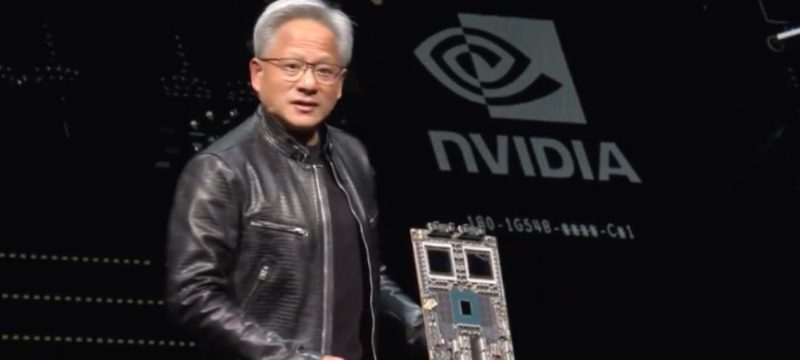Nvidia’s chief executive, Jensen Huang, has expressed disappointment over reports that China has ordered its top technology companies to stop buying the firm’s artificial intelligence (AI) chips. The decision, reportedly made by China’s internet regulator, could affect Nvidia’s growing presence in one of its largest markets.
Speaking to reporters, Huang admitted he was unhappy with the move but stressed that Nvidia would remain patient. “There are a lot of places we can’t go to, and that’s fine,” he said, acknowledging the restrictions while signaling that the company would adapt.
The reports of a China chip ban come at a time when Nvidia has become the global leader in AI hardware, with its advanced chips powering machine learning, data centers, and new technologies across industries. Losing access to the Chinese market, one of the world’s biggest tech hubs, could have significant financial implications.
Still, Huang noted that Nvidia’s technology remains in demand across other regions, and the company continues to expand partnerships in the United States, Europe, and beyond. He highlighted Nvidia’s ability to diversify its markets as a key strength in dealing with new restrictions.
The China chip ban, if confirmed, would follow a series of escalating tensions between Washington and Beijing over access to advanced technology. In recent years, the U.S. government has also restricted chip sales to China, citing national security concerns. This has fueled a wider technology rivalry, with companies like Nvidia caught in the middle.
Analysts say the situation could slow Nvidia’s growth in Asia but may not stop it altogether. Some experts believe Chinese firms could look to develop their own alternatives, while others may turn to different suppliers if restrictions remain.
For Nvidia, the setback comes during a period of record growth driven by global demand for AI. The company’s chips are central to developing new AI models, making them vital to businesses and researchers worldwide. Despite the challenges in China, Nvidia is expected to maintain its leadership in the AI hardware market.
Huang emphasized that Nvidia will continue to innovate and focus on opportunities elsewhere. “We will be patient,” he repeated, underlining his confidence in the company’s long-term strategy despite short-term obstacles.
The phrase China chip ban has now become a central topic in global tech discussions. As both the U.S. and China tighten controls on advanced technology, the future of cross-border chip sales remains uncertain. For Nvidia, the outcome of this dispute will shape not just profits but also its role in the global AI race.
For more on global media rights and the full findings, read the latest news on : Tests confirm Navalny was poisoned in jail, widow claims







